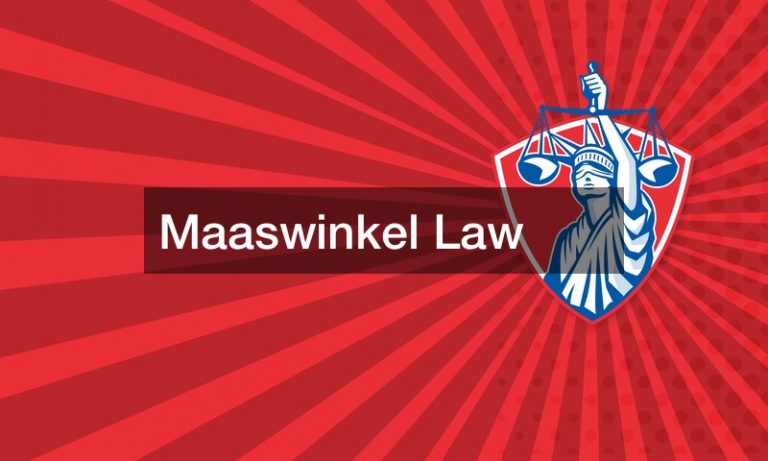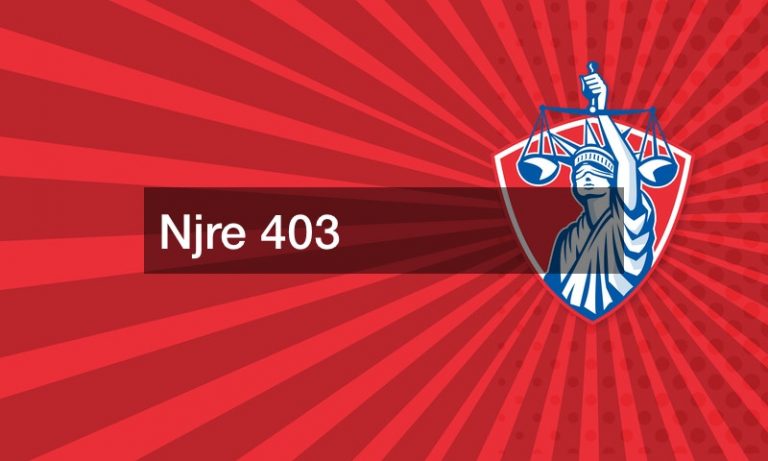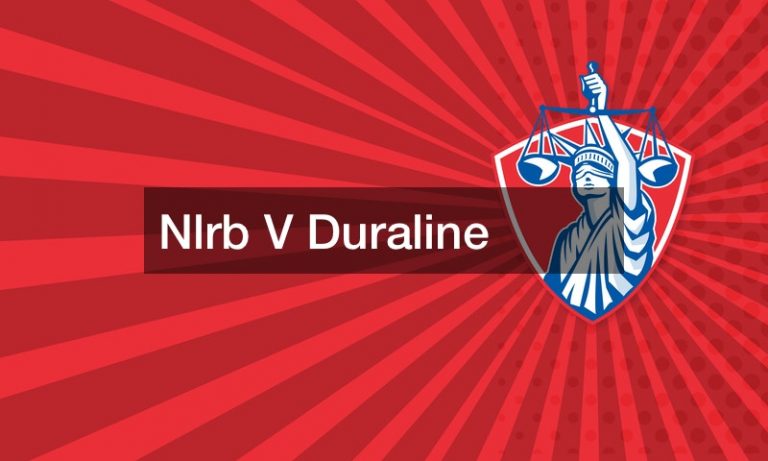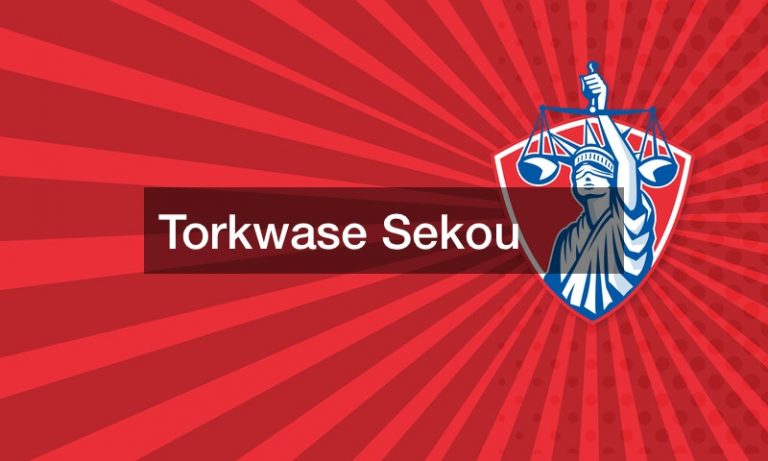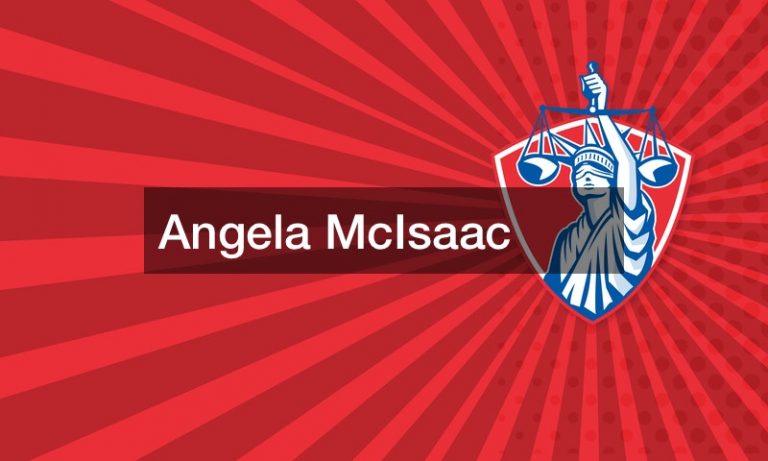Examples Of Surety Bail Bonds In Practice


A surety bond agreement guarantees an act’s performance, payment, or compliance. Surety bonds are required as a form of protection by regulatory departments, government agencies, federal courts, and general contractors. It consists of a three-party agreement:
An obligee-The party who requires and often benefits from the surety bond
The Principal buys the bond and undertakes a responsibility to deliver an act as promised.
Surety –The insurance or surety company that guarantees that you will meet the obligation as a principal.
Commercial surety bail bonds monitor and control markets and prevent working professionals from engaging in fraudulent or otherwise harmful business practices. The vast majority of commercial surety bonds are license and permit bonds.
The government requires these types of surety bonds before issuing licenses and permits.
Contract surety bail bonds guarantee that contracts are finished following the contractual terms. The contract surety bonds are used to compensate the obliger for any losses incurred due to the contract’s default.
Construction surety bail bonds are the most commonly used type of bond. Court bonds are used to decrease the risk of financial loss for people pursuing legal action in a court of law. Insurance company subsidiaries or divisions usually underwrite surety bonds. These licensed business professionals are well-versed in surety products.


